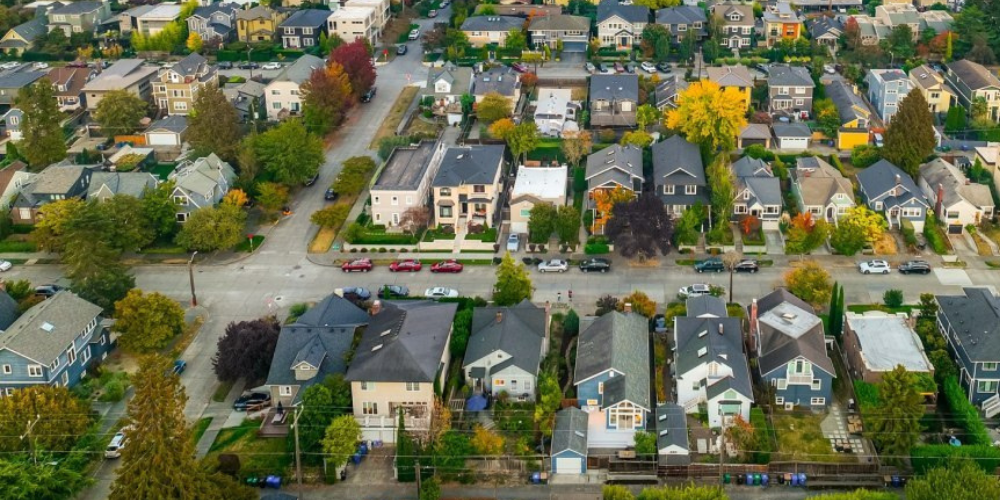Ageism, a form of discrimination based on age, is a pervasive issue that affects individuals across various aspects of life. While ageism affects both men and women, women often face unique challenges and biases due to their gender. This article will delve into ageism as it specifically pertains to women, exploring its impact on their personal lives, careers, and societal perceptions.
Stereotyping and Misconceptions
Stereotypes and misconceptions often accompany ageism toward women. Society tends to associate aging with declining beauty and desirability, perpetuating harmful ideals that devalue older women. These stereotypes can manifest in various ways, such as media portrayals of women, limited representation in the workforce, and societal expectations surrounding youthfulness.

Getty Images/ iStockphoto | 60% of older employees have experienced workplace age discrimination
Employment Discrimination
Ageism poses significant challenges for women in the workforce. Women often face increased obstacles to career advancement and fair opportunities as they age. They may encounter hiring biases, limited job prospects, and unequal pay compared to their younger counterparts. The perception that older women are less adaptable or capable can hinder their professional growth and limit their earning potential.
Glass Ceiling and Career Progression
Ageism intersects with other forms of discrimination, such as sexism and gender bias, creating a compounded effect that further hampers women's career progression. The glass ceiling, an invisible barrier that prevents women from reaching top-level positions, becomes even more impenetrable as they age. Stereotypes surrounding competence and vitality can impede their chances of securing leadership roles or obtaining promotions.
Economic Insecurity and Retirement
Ageism can have long-lasting financial implications for women. Due to interrupted career paths, wage gaps, and lower retirement savings, older women often face economic insecurity in their later years. They may struggle to attain financial independence and rely on social security or limited pension benefits. Ageism exacerbates these challenges, making it harder for women to overcome economic barriers.

Kirsten Weir/ APA | Ageism can be found within institutions, in interactions between people, and within ourselves
Healthcare Disparities
Ageism can also manifest in healthcare settings, where older women may face biases that impact their quality of care. Age-related assumptions can lead to underdiagnosis, undertreatment, or dismissal of health concerns. Women may encounter stereotypes about menopause, hormonal changes, or mental health, leading to inadequate medical attention and diminished well-being.
Social Isolation and Loneliness
Ageism can contribute to social isolation and loneliness among older women. Societal emphasis on youthfulness can marginalize older individuals, making it harder for women to maintain social connections and find a sense of belonging. This isolation can negatively impact mental health, overall well-being, and the ability to participate fully in community life.
Reinventing Aging Narratives
To combat ageism, it is crucial to challenge prevailing narratives and shift societal perceptions surrounding women and aging. Embracing positive representations of older women in the media and promoting intergenerational connections can help break down stereotypes. Encouraging women's participation in various domains, including leadership positions and community activities, fosters inclusivity and combats age-related discrimination.

Getty/ Forbes | Women face a "double jeopardy" when it comes to ageism
Policy and Legal Frameworks
Addressing ageism must also include policy and legal frameworks protecting women from age-related discrimination. Enacting and enforcing legislation that safeguards against age discrimination in employment, healthcare, and social welfare systems is essential. Furthermore, promoting age diversity and inclusivity in organizations through affirmative action measures can create a more equitable environment for older women.





